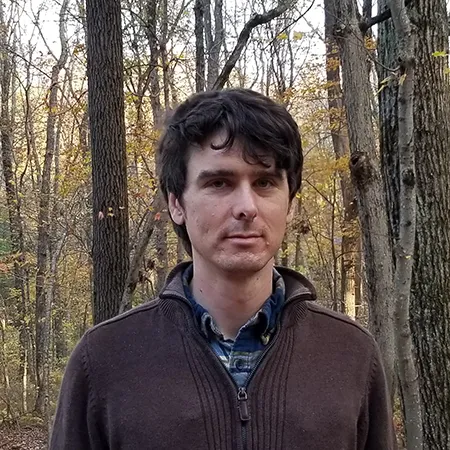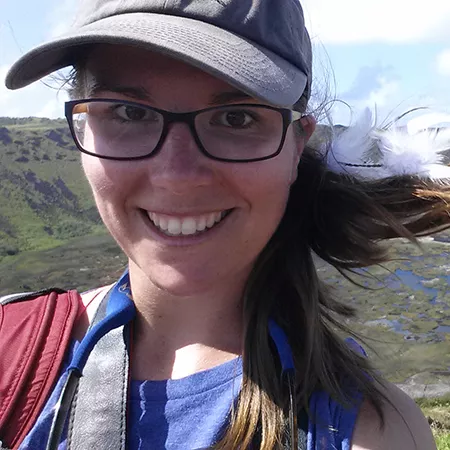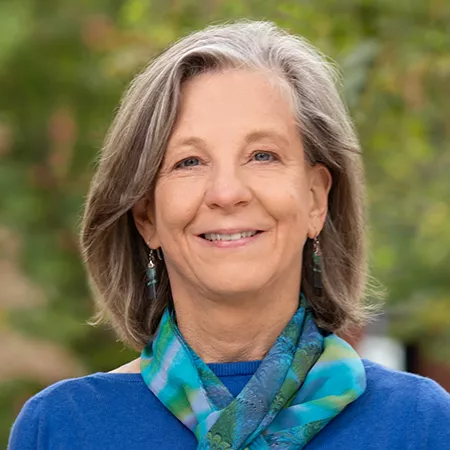This socio-environmental modeling case study provides examples of the use of socio-hydrological modeling to understand the difficult problems associated with flooding.
Drawing on two papers that use different approaches to explore social dimensions associated with flooding risk and losses, this video covers four related topics:
1. A generalized process-based modeling for simulating community responses to infrequent disasters
2. Use of a machine learning modeling approach to relate disaster and loss to socio-economic conditions
3. Why significant amounts of data are needed for both of these modeling approaches.
4. A comparison of the two approaches and the types of research and planning they support.
-
About the Presenters
James Knighton
Postdoctoral FellowDr. James Knighton is an Assistant Professor in the Department of Natural Resources and the Environment at the University of Connecticut. James researches plant-soil-water interactions through field experimentation and numerical modeling. He specifically studies how plant species compete for soil water, the complex flow paths water takes between rainfall and streamflow, and the social implications of these processes. While a postdoc at SESYNC, his research focused on evaluating why forest cover change has varied impacts on flooding risks worldwide. Specifically, he is working to understand how...
James Knighton
Postdoctoral FellowDr. James Knighton is an Assistant Professor in the Department of Natural Resources and the Environment at the University of Connecticut. James researches plant-soil-water interactions through field experimentation and numerical modeling. He specifically studies how plant species compete for soil water, the complex flow paths water takes between rainfall and streamflow, and the social implications of these processes. While a postdoc at SESYNC, his research focused on evaluating why forest cover change has varied impacts on flooding risks worldwide. Specifically, he is working to understand how local hydrology and population demographics come together to influence the generation of flooding insurance claims from urban environments in New York State through a collaboration with the New York Water Resources Institute. James is a registered Professional Engineer (PE) who earned his PhD in Environmental Engineering from Cornell University (2019) and an MA in Environmental Studies from the University of Pennsylvania (2013). Prior to Cornell, he worked as a PE for eight years in the nuclear industry and government performing risk analysis for power generation facilities and urban environments.
External Links:
james.knighton@uconn.edu
http://www.jamesknightonhydrology.com/
https://nre.uconn.edu/james-knighton/Kelly Hondula
Research AffiliateDr. Kelly Hondula served on SESYNC's data science team from 2012 to 2021, supporting the diverse computational and analytical needs of interdisciplinary research teams. Kelly helped researchers take advantage of advancements in scientific computing to accelerate their research through highly iterative consulting, troubleshooting, and teaching. She contributed to more than a dozen multi-day, hands-on training courses and developed teaching material on web applications, geospatial analysis, data processing, and visualization. Her work promoting open science has been supported by the WikiMedia...
Kelly Hondula
Research AffiliateDr. Kelly Hondula served on SESYNC's data science team from 2012 to 2021, supporting the diverse computational and analytical needs of interdisciplinary research teams. Kelly helped researchers take advantage of advancements in scientific computing to accelerate their research through highly iterative consulting, troubleshooting, and teaching. She contributed to more than a dozen multi-day, hands-on training courses and developed teaching material on web applications, geospatial analysis, data processing, and visualization. Her work promoting open science has been supported by the WikiMedia Foundation and a fellowship from the non-profit organization rOpenSci.
Kelly's research focuses on the effects of water movement through landscapes, with an emphasis on improving water resource management and new monitoring technologies. She studies the interaction of hydrological and biogeochemical processes, especially in headwaters and the smallest water bodies. She is currently a postdoc with the National Ecological Observatory Network, which awarded her a postdoctoral fellowship to develop new techniques for mapping aquatic ecosystems and water quality. Kelly received her doctorate in Marine, Estuarine, and Environmental Sciences at the University of Maryland and holds bachelor’s and master’s degrees in Environmental Sciences from the University of Virginia.
External Links:
https://scholar.google.com/citations?user=Xdhvu9QAAAAJ&hl=enMargaret A. Palmer
DirectorDr. Margaret A. Palmer is Director of SESYNC and a Distinguished University Professor at the University of Maryland, College Park. With a background in hydrology and ecology, Margaret contributes to testing and extending fundamental theory and empirical findings on aquatic ecosystem dynamics. She has worked extensively on the relationship between biodiversity and ecosystem processes, the biogeochemistry of streams and wetlands, and organism dispersal in aquatic ecosystems. She is an international expert on the restoration of streams and rivers and co-author of the book Foundations of...
Margaret A. Palmer
DirectorDr. Margaret A. Palmer is Director of SESYNC and a Distinguished University Professor at the University of Maryland, College Park. With a background in hydrology and ecology, Margaret contributes to testing and extending fundamental theory and empirical findings on aquatic ecosystem dynamics. She has worked extensively on the relationship between biodiversity and ecosystem processes, the biogeochemistry of streams and wetlands, and organism dispersal in aquatic ecosystems. She is an international expert on the restoration of streams and rivers and co-author of the book Foundations of Restoration Ecology. Margaret is also known for her work at the interface of water science and policy, having served as a technical advisor and innovator to help build solution-focused teams that solve problems with social, legal, policy and scientific aspects. She is extensively published (Google Scholar), has numerous awards, and remains actively engaged in science matters associated with national and local water policies and actions—particularly those associated with the Appalachians.
External Links:
https://scholar.google.com/citations?user=2nGk3QQAAAAJ&hl=en


